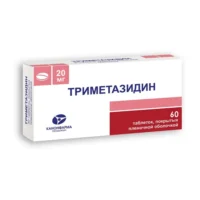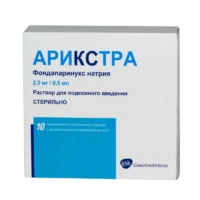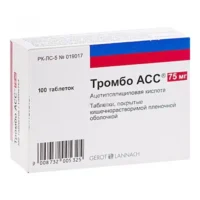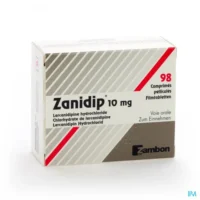Description
Regysol IC (Potassium Chloride) Powder for Oral Solution 18.9 g. Sachets №10
Ingredients
- Each sachet contains Potassium Chloride 18.9 g.
Dosage
- Dissolve the contents of one sachet in a glass of water.
- Take orally as directed by a healthcare professional.
Indications
- Regysol IC is indicated for prevention and treatment of potassium deficiency.
- It is also used for the management of hypokalemia.
Contraindications
- Do not use Regysol IC if you have hyperkalemia.
- Avoid use if you are allergic to potassium chloride or any other ingredients in the product.
Directions
- Use as prescribed by your healthcare provider.
- Avoid exceeding the recommended dosage.
Scientific Evidence
- Studies have shown that potassium chloride supplementation can effectively raise serum potassium levels in patients with hypokalemia.
Potassium plays a crucial role in maintaining proper muscle function and nerve transmission. Regysol IC provides a convenient way to replenish potassium levels.
Additional Information
- Consult your healthcare provider before using Regysol IC if you have kidney problems.
- Avoid interactions with medications that may interact with potassium supplements.
Regular monitoring of potassium levels is important to prevent complications while using Regysol IC.





